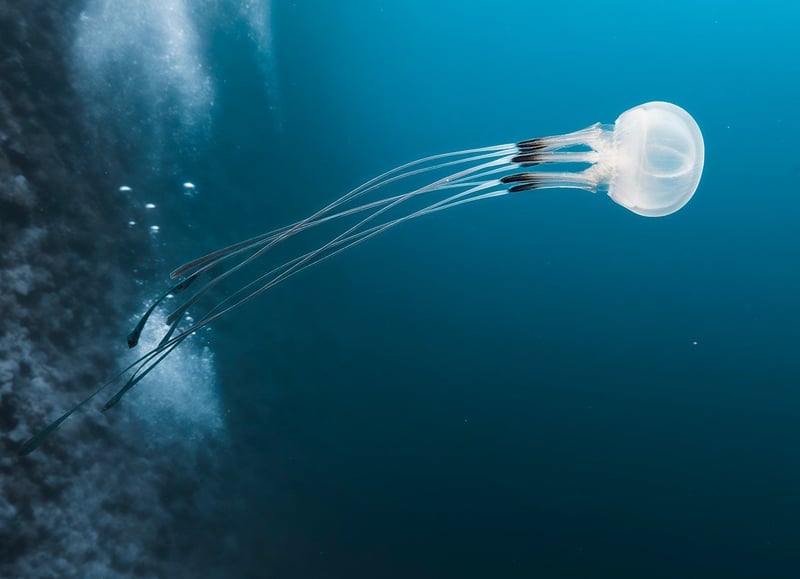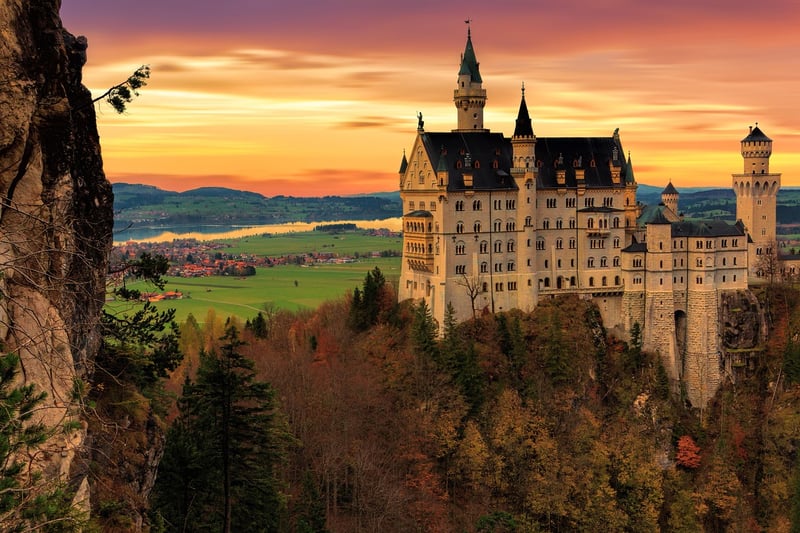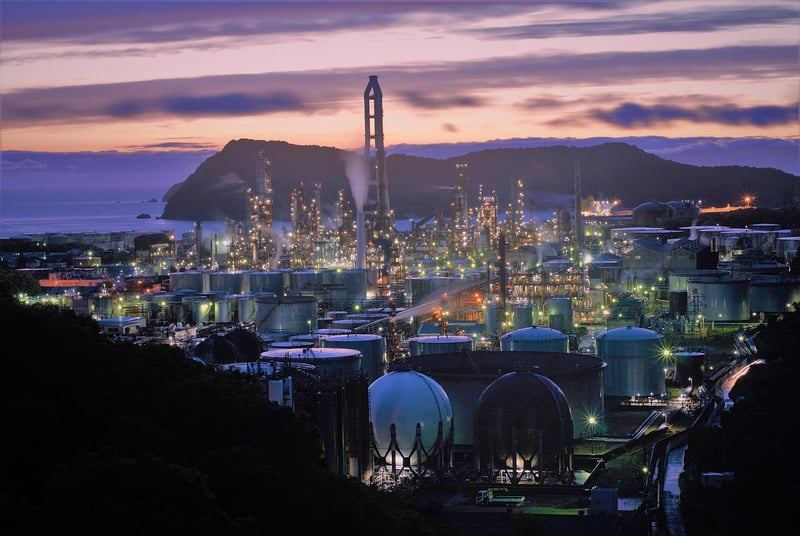Future Exploration
Exploring Different Eras and Future Exploration
Introduction
Exploring different eras allows us to connect with the past, understand the present, and speculate about the future. From ancient civilizations to modern innovations, each era has its unique characteristics and contributions to the world. Let's delve into the various eras of human history and discuss the possibilities of future exploration.
Ancient Era
The ancient era, spanning from the emergence of early civilizations to the fall of the Roman Empire, holds the key to understanding the foundations of human society. Discoveries of ancient artifacts, monuments, and writings provide insights into the customs, beliefs, and achievements of our ancestors.

Medieval Era
The medieval era, characterized by feudalism, knights, and castles, was a time of great social, political, and cultural change. Exploring medieval architecture, literature, and warfare offers a glimpse into the challenges and triumphs of this tumultuous period in history.

Modern Era
The modern era, marked by industrialization, globalization, and technological advancements, has transformed the way we live, work, and communicate. Studying the events, inventions, and movements of the modern era helps us understand the complexities of our interconnected world.

Future Exploration
Looking ahead, future exploration holds endless possibilities for humanity. From space exploration to artificial intelligence, the future promises innovations that could redefine our existence. By investing in scientific research, technological development, and environmental sustainability, we can shape a better future for generations to come.

Conclusion
Exploring different eras allows us to appreciate the diversity and evolution of human civilization. By learning from the past and envisioning the future, we can create a more informed and promising world for all. Let us continue to explore, discover, and innovate, shaping a legacy that transcends time.
